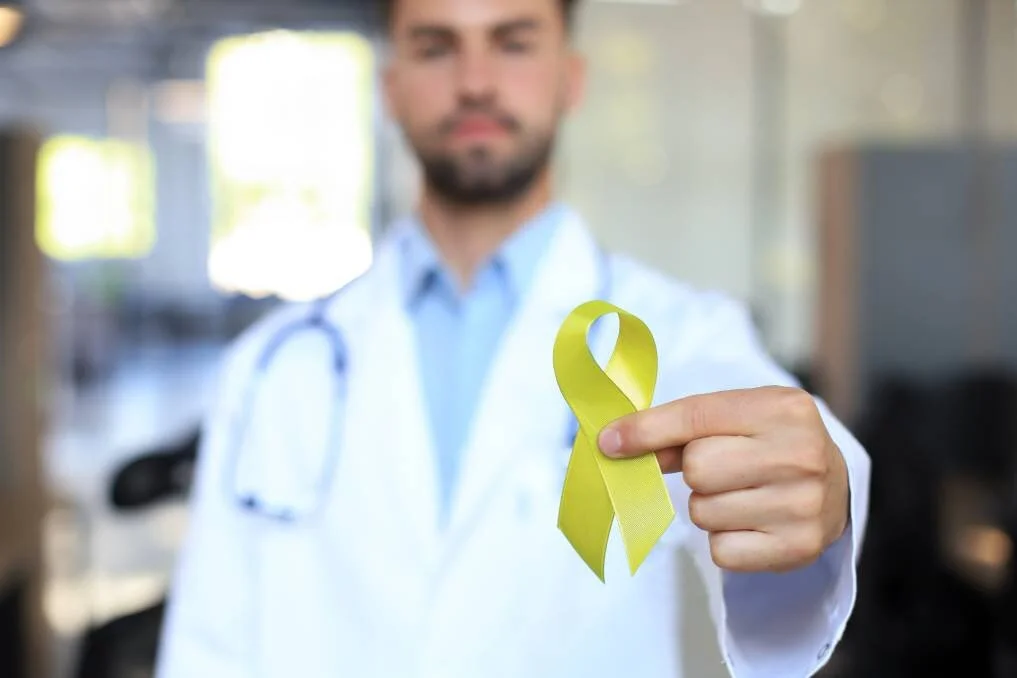Originally appeared on Busselton Mail
Each year more than 1800 Australians are diagnosed with sarcoma. Sarcoma is an aggressive cancer affecting children and young adults, as well as older generations, with the disease proving fatal in one out of every three cases within five years. But despite its gravity, support for families and carers is sorely lacking.
Diagnosis is often delayed because individuals, their families and health professionals do not recognise symptoms or act quickly. Sarcoma, a rare cancer that begins in the bones and soft tissue, is rarely discussed and many people are unaware of what to look for.
Treatment can involve extensive surgery, chemotherapy and radiation therapy. As a result, patients experience short and sometimes very long periods when they are unable to function physically without high levels of support and assistance.
From the moment of diagnosis, family members find themselves needing to care for their loved ones and become actively involved in treatment and life decisions which can include anything from decisions about fertility, to decisions about whether the effects of treatment will outweigh issues of quality of life.
Taking on this role is not easy. Support for carers of patients with sarcoma has not kept pace with improvements in treatment. Carers can struggle to find relevant information about the rare cancer, about the processes of treatment and recovery, and about options for after care. Caring for a loved one in these circumstances also places significant financial strain on everyone involved. Patients may experience long periods out of work and carers often need to give up work or reduce their hours.
The carers' priority is to look after their loved ones. As a result, carers are time poor, don't think of themselves, feel reluctant to ask for help and don't look after their own health and well-being. For those who do lose their loved one to sarcoma, support is limited during bereavement and carers struggle to find people who understand what they have been through.
Carers would benefit from more structured and accessible support.
Family carers of sarcoma patients need to be better recognised for the role they play and supported with accessible information and services. Community organisations such as Sock it to Sarcoma! play essential roles in providing information and support, but more is needed. Carers must be able to easily access support from a broad range of services and information about the disease.
By Associate Professor Georgia Halkett, is from the School of Nursing, Faculty of Health Sciences at Curtin University.

